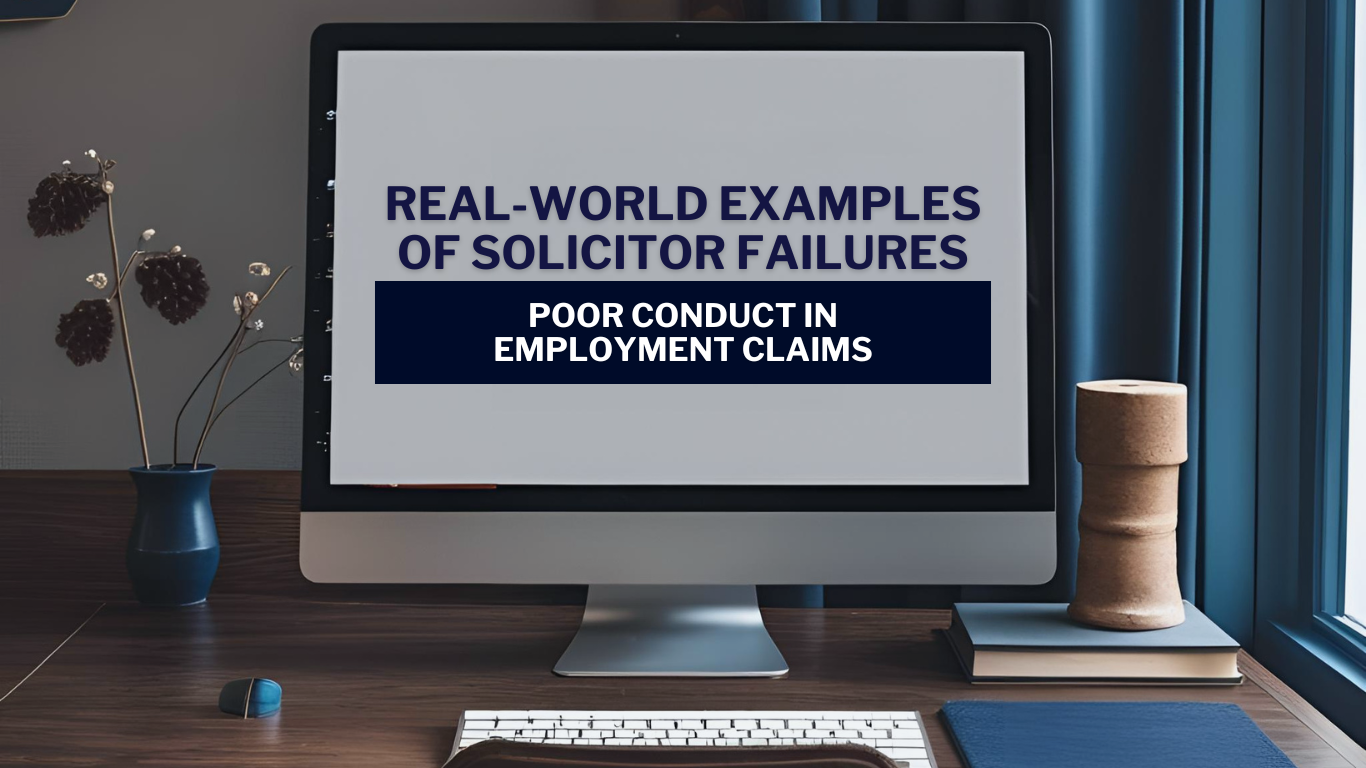By Nagesh Jain
•
min read


Last month the Home Secretary announced that the minimum income requirement for family visas would rise from £18,600 to £38,700 per year. This increase will be introduced incrementally, starting in early 2024.
In response to a petition calling for the increase to be scrapped, the Government issued the following statement:
“The Government intends to raise the MIR in line with the general salary threshold for skilled workers, but will do so in stages to provide predictability for families, starting in spring 2024.
The minimum income requirement (MIR) was introduced in July 2012 to ensure family migrants could be supported at a reasonable level, so they do not unreasonably become a burden on the British taxpayer, and to help ensure they can participate sufficiently in everyday life to facilitate their integration into British society. The MIR has not been increased in line with inflation or real wages since its introduction, or been adjusted in light of the rising numbers of migrants using the route.
The Home Secretary, in his announcement to Parliament on 4 December 2023, made clear that the intention is to bring the MIR in line with the new minimum general salary threshold for skilled workers, £38,700. This will ensure people only bring dependants to the UK they can support financially and will apply to all British and settled sponsors under the five-year partner route to settlement.
In Spring 2024, we will raise the minimum income threshold for family visas to £29,000, that is the 25th percentile of earnings for jobs which are eligible for skilled worker visas. We will incrementally increase the threshold, moving to the 40th percentile (currently £34,500), and finally to the 50th percentile (currently £38,700, and the level at which the general skilled worker threshold is set) by early 2025.
There will no longer be a separate child element to the MIR, to ensure British nationals are not treated less favourably than migrants who are required to meet the general skilled worker threshold as a flat rate, regardless of any child being sponsored. Other aspects of the MIR will remain unchanged, such as the various ways in which itcan be met and the consideration of exceptional circumstances where it may not be met.
This change will not be applied retrospectively to people already on the five-year partner route. Those who already have a family visa within the five-year partner route, or who apply before the minimum income threshold is raised, will continue to have their applications assessed against the current income requirement and will not be required to meet the increased threshold. This will also be the case for children seeking to join or accompany parents.
Anyone granted a fiancé(e)visa before the minimum income threshold is raised will also be assessed against the current income requirement when they apply for a family visa within the five-year partner route. Those already in the UK on a different route, who apply to switch into the five-year partner route after the minimum income requirement has been increased, will be subject to the new income requirement. The Government will publish an Equality Impact Assessment on this change in due course.
A fact sheet and an impact assessment can be found on the GOV.UK website using the following links:
www.gov.uk/government/news/fact-sheet-on-net-migration-measures-further-detail
www.gov.uk/government/publications/legal-migration-statement-estimated-immigration-impacts
The government keep all policies under review with regards to the impact on net migration, families and equalities.”
Home Office
To view the response online, please click the following link:
petition.parliament.uk/petitions/652602?reveal_response=yes
To find out more about this, or any other immigration matter, please contact our specialist team for advice.
Learn more